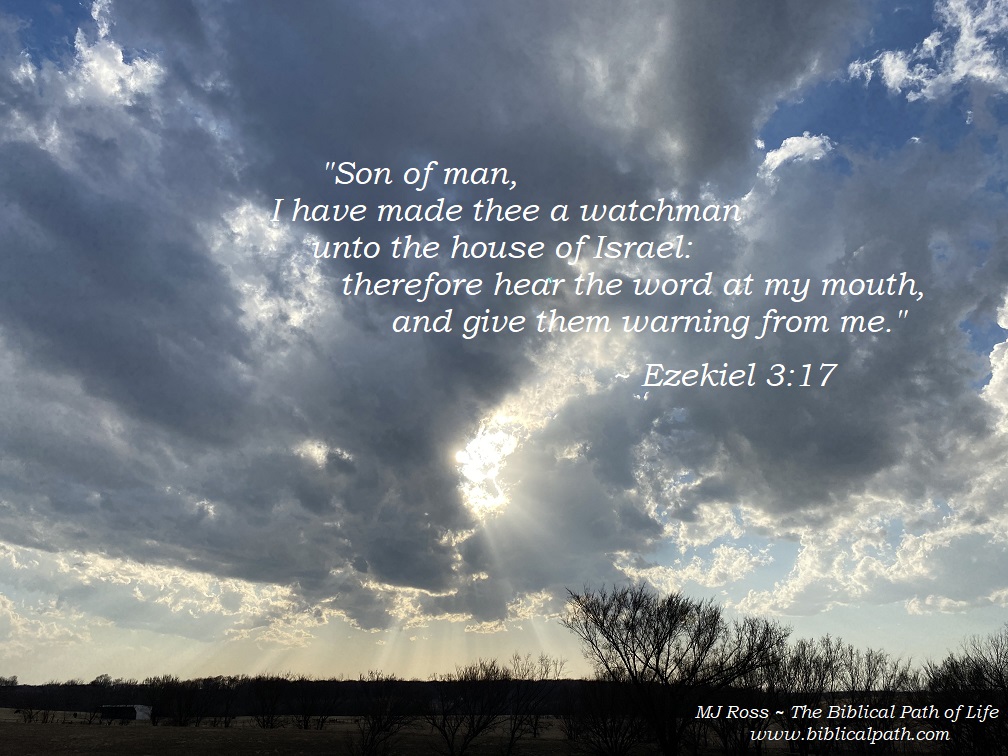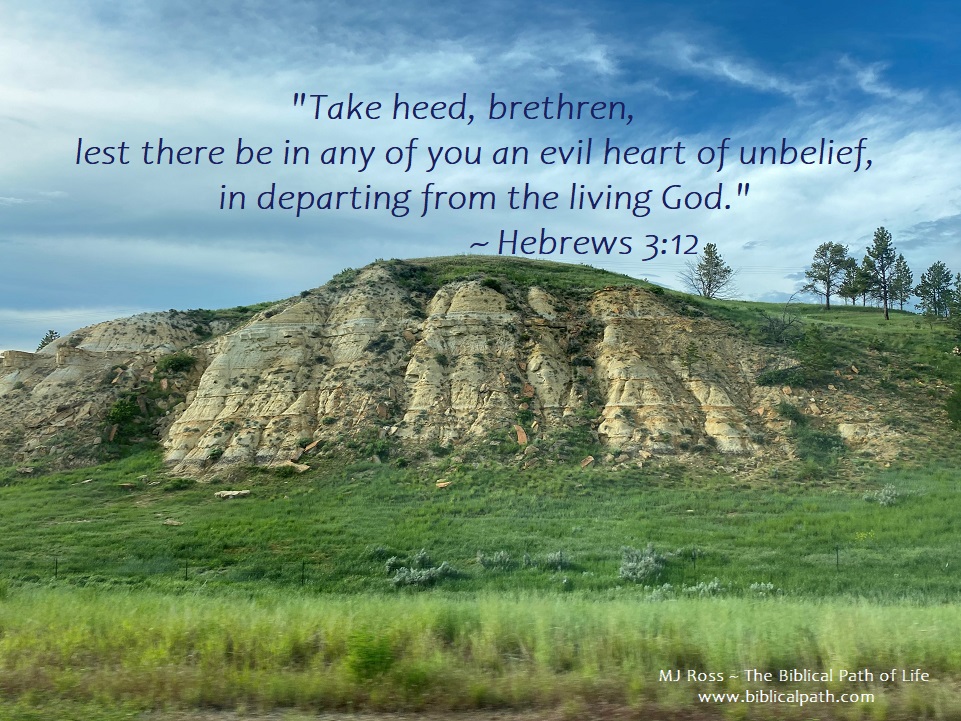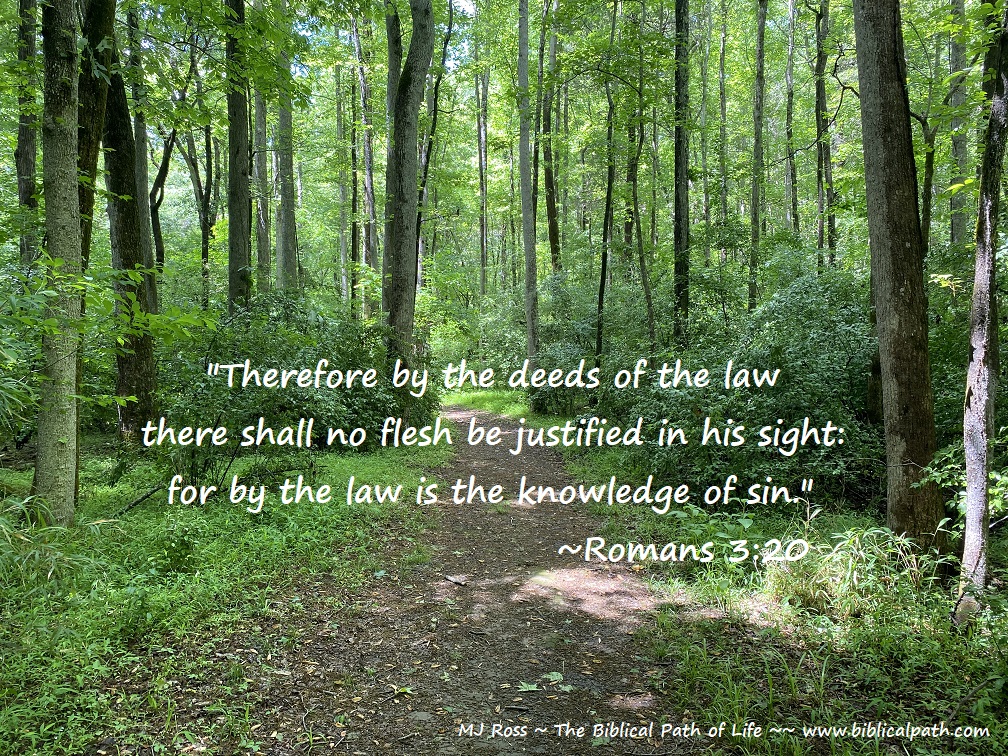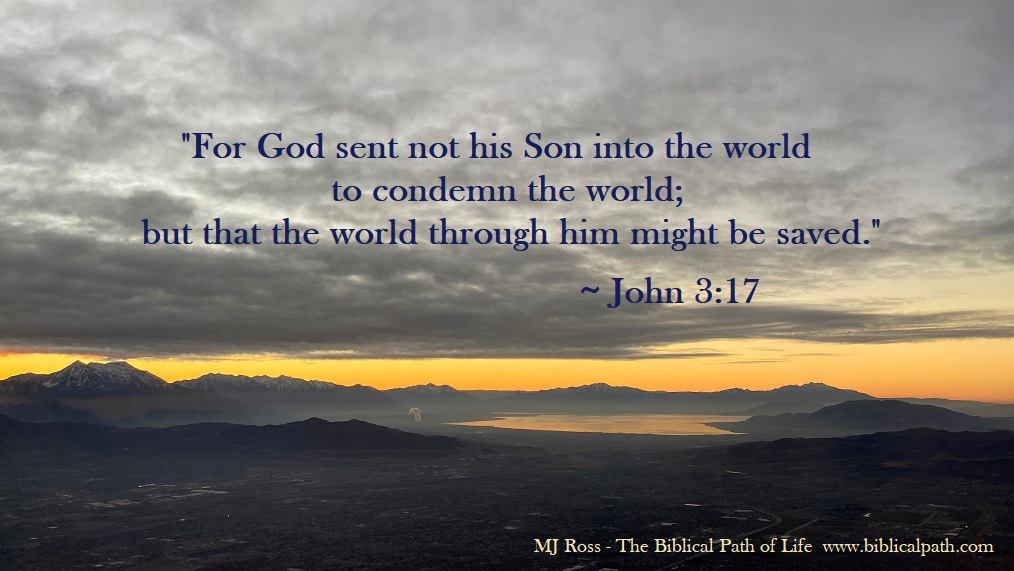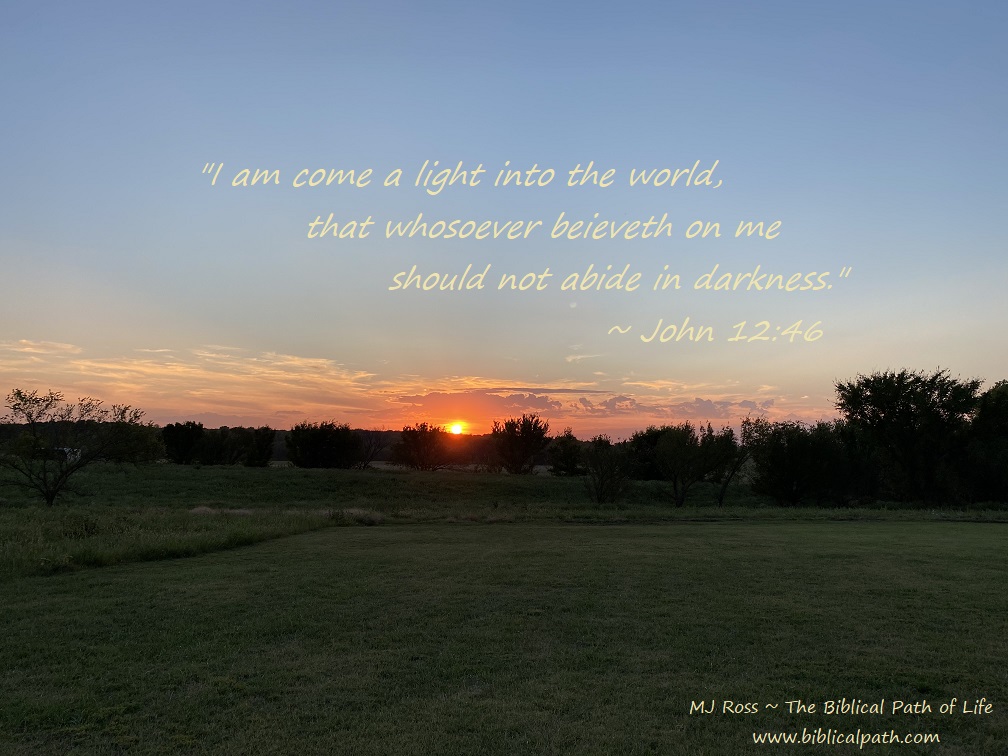
“And grieve not the holy Spirit of God, whereby ye are sealed unto the day of redemption.”
Ephesians 4:30
Saul was king of Israel. God’s Spirit was upon him, yet Saul chose to sin against God. When confronted with that sin, Saul did not repent (see 1 Samuel 13 and 15). Instead, he chose to continue in that sin. God removed His spirit from King Saul. In its place, God allowed an evil spirit to trouble King Saul (see 2 Samuel 16:14). God sent Samuel to anoint a young man, David, to become the next king of Israel. “Then Samuel took the horn of oil, and anointed him in the midst of his brethren: and the Spirit of the LORD came upon David from that day forward …” (1 Samuel 16:13).
God had chosen David. “But the LORD said unto Samuel, Look not on his countenance, or on the height of his stature; because I have refused him: for the LORD seeth not as man seeth; for man looketh on the outward appearance, but the LORD looketh on the heart” (1 Samuel 16:7). Later, David became the next king of Israel. God’s Spirit was with David. When David willfully sinned, he was confronted with that sin. Nathan the prophet told David a story of one who had done wrong. David declared that the man should die for his sin (see 2 Samuel 12:1-6). “And Nathan said to David, Thou art the man …” (2 Samuel 7a). David’s response? “And David said unto Nathan, I have sinned against the LORD. And Nathan said unto David, The LORD also hath put away thy sin; thou shalt not die” (2 Samuel 12:13). We should recognize that David immediately repented. He wrote Psalm 51 revealing his heart as he sought repentance from God. It would be good to read the entire Psalm, but especially consider the following: “1. Have mercy upon me, O God, according to thy lovingkindness: according unto the multitude of thy tender mercies blot out my transgressions. 2. Wash me throughly from mine iniquity, and cleanse me from my sin. 3. For I acknowledge my transgressions: and my sin is ever before me. 4. Against thee, thee only, have I sinned, and done this evil in thy sight … 7. Purge me with hyssop, and I shall be clean: wash me, and I shall be whiter than snow … 9. Hide thy face from my sins, and blot out all mine iniquities. 10. Create in me a clean heart, O God; and renew a right spirit within me. 11. Cast me not away from thy presence; and take not thy holy spirit from me. 12. Restore unto me the joy of thy salvation; and uphold me with thy free spirit. 13. Then will I teach transgressors thy ways; and sinners shall be converted unto thee” (Psalm 51:1-4, 7, 9-13).
David had witnessed what happened in King Saul’s life when God’s Spirit was removed, and an evil spirit troubled King Saul. David did not want God to remove His Spirit from him. He not only prayed for forgiveness, but also to wash him thoroughly, cleanse him, and blot out his sin. However, more than that, David asked God to create in him a clean heart and renew a right spirit within him. He wanted the joy of his salvation restored. When this happened, David would be in a position to teach others of the forgiveness of God, showing them the way to be converted to God. What an amazing prayer!
Today, we understand that when one becomes a Christian, God’s Spirit is given and never taken away (see 2 Corinthians 1:21-22). We are sealed unto the day of redemption. “And grieve not the holy Spirit of God, whereby ye are sealed unto the day of redemption” (Ephesians 4:30). However, did you notice that we are not to grieve the Holy Spirit? Grieve means “to cause to grieve, make sorrowful”. Ephesians chapter four lists many things Christians are to keep out of their lives. Notice the listing of sin, beginning with the instruction, “that ye henceforth walk not as other Gentiles walk” (see Ephesians 4:17-22). It then proceeds to teach, “And that ye put on the new man, which after God is created in righteousness and true holiness” (Ephesians 17:24). It gives more instructions for Christians (see Ephesians 17:23-29) before the imperative to “grieve not the holy Spirit”. When a Christian chooses to willfully sin, it is then that the Holy Spirit is grieved (caused to be grieved, made sorrowful). We are encouraged to refrain from sin. However, when we do sin (because we are a sinful people living in a sinful world), we should learn by example. King Saul did not repent, choosing instead to remain in his sin. On the other hand, after David was convicted of his sin, he immediately repented and prayed to God. David turned from that sin, with a changed heart, back to God. Although there were consequences for David’s sin, God did not turn from David or remove His hand from David’s life. David became the greatest king that Israel ever had. “And when he had removed him (King Saul), he raised up unto them David to be their king; to whom also he gave testimony, and said, I have found David the son of Jesse, a man after mine own heart, which shall fulfil all my will”(Acts 13:22).
Have you chosen to willfully sin, grieving the Holy Spirit?
Or
Have you “put on the new man, which after God is created in righteousness and true holiness”?
